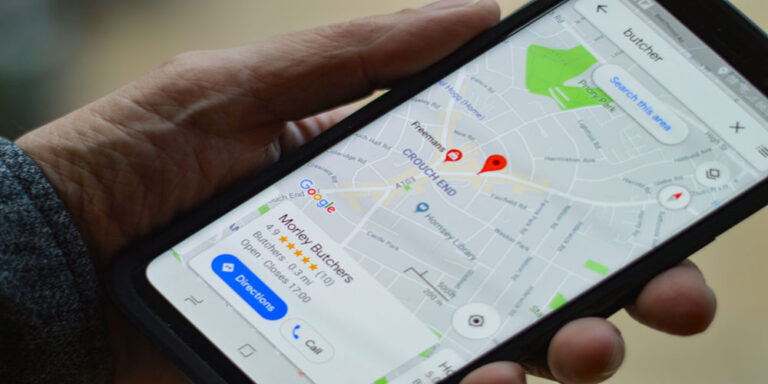
PC Sales Hit Landmark Low As Tablets Take Over
Tablets, smartphones and Windows 8 are blamed for the biggest decline in sales of home computers in nearly 20 years.
PC sales have seen the steepest decline in nearly 20 years due to the increasing dominance of tablets and smartphones, according to a leading technology tracking firm. Sales of personal computers plummeted 14% to 76.3 million worldwide in the first three months of the year, marking a significant milestone in the decline of the age of the PC. It is the biggest drop since records on sales started in 1994.
Family computing has increasingly been driven on to tablets and smartphones, however, the decline in sales has also been attributed to the unpopularity of the new Microsoft operating system, Windows 8.
The 14% drop recorded by International Data Corp (IDC) far exceeded the 7.7% drop forecast. It was the fourth consecutive quarter of year-on-year declines.
Competing data tracker Gartner Inc’s figures show an 11% decline for the same period.
Mcrosoft saw its share price drop more than 5% in early Thursday trading while chip maker Intel dipped nearly 3%.
The sales drop has been blamed on fading sales of netbooks, the small laptops that have been rendered obsolete by tablets, and more consumer spending going toward smartphones. “Consumers are migrating content consumption from PCs to other connected devices, such as tablets and smartphones,” said Mikako Kitagawa, an analyst at Gartner. “Even emerging markets, where PC penetration is low, are not expected to be a strong growth area for PC vendors.”
Analysts at IDC said that Microsoft’s new Windows 8 actually deterred potential PC buyers as users felt they could not afford touch-screen models required to make the most of the new system. He said that other users were simply uncomfortable with the system, which lost the familiar start menu and replaced it with colourful tiles to represent applications.
Jay Chou, a senior research analyst at IDC, said: “Users are finding Windows 8 to offer a compromised experience that doesn’t excel either as a new mobile interface or in a classic desktop interface. “As a result, many users find a decline in the traditional PC experience without gaining much from new features like touch. The result is that many consumers are worried about upgrading to Windows 8, to say nothing of business users who are still just getting into Windows 7.”






